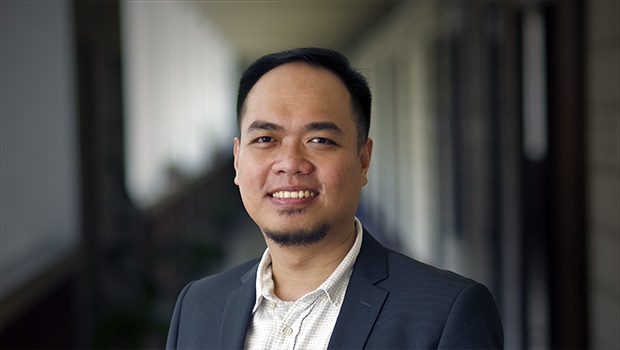
Public discourse centered of late on the supposed deaths of a number of high-profile inmates at the New Bilibid Prison, which officers of the Bureau of Corrections (BuCor) attributed to the Covid-19 disease.
Many consider the surrounding circumstances suspicious, since many of the personalities involved reportedly have strong ties to powerful government officials. It has not helped that BuCor initially refused to disclose the names of the inmates, due supposedly to the Data Privacy Act of 2012 (DPA).
This is the second time within a year that the confidentiality of prison records has captured public attention. Around this time last year, it was the records of a notorious felon who was set to be released on account of his “good behavior” that people wanted scrutinized.
Back then, I already expressed my opinion on this issue of confidentiality vis-à-vis prison records. I noted that the Supreme Court may have to resolve the debate since existing laws appear to be silent on the matter and are therefore susceptible to different interpretations. I made it clear, though, that there are available legal bases that allow a proper review of these records.
The current controversy presents a slightly different set of facts. It has one important distinguishing feature: the inmates involved are supposedly dead already. This has implications on the possible legal bases for disclosure because it tends to remove consent as one such basis. It also affects the exercise of so-called data subject rights because the DPA says such rights are transmitted to the heirs of the deceased prisoners.
Commenting on this issue, the Privacy Commissioner initially said it was up to the BuCor or the Department of Justice to determine how the matter should be properly resolved. However, he later lent his support to calls for public disclosure, citing the “public’s right to know” and “justified public interest” as basis.
There’s just one problem with that: public interest per se is not among the grounds that either exempts certain types of disclosure from the DPA or at least makes them lawful. Yes, it underpins most of those grounds. But the grounds themselves are specifically described.
For example, processing the information that relate to the position or functions of government employees is a special case that falls outside the scope of the DPA. The reason? Government work is impressed with public interest. Likewise, processing of personal information to respond to a national emergency is permitted because it, too, is attended by public interest.
In other words, for public interest to justify the disclosure of prison records, a specific ground must still be identified.
Given the current controversy, I still believe there are sufficient grounds under the DPA that allow the sharing or disclosure of prison records. They may not all lead to the public release of information, but they would at least allay fears that the current pandemic is being used as a subterfuge by criminals and their accomplices in government to escape incarceration and accountability for their crimes. Here are examples of recipients of permissible disclosures:
- Other government agencies or offices. Disclosure is allowed if it means providing information to other government agencies or public authorities. Other government entities (e.g., DOJ, Commission on Human Rights, Congress, etc.), by reason of their mandates, have a legitimate interest in the operations of the NBP or the BuCor, the country’s prison system, the welfare of either all prisoners or those involved here.
- Family of the affected inmates. Data subject rights of deceased inmates pass on to their heirs. It is only logical that the latter be informed of the passing of their relative and the circumstances surrounding his or her death.
- Litigants. Disclosure is allowed if it is necessary to protect the lawful rights and interests of natural or legal persons in court proceedings, or the establishment, exercise or defense of legal claims. Litigants like Senator Leila De Lima can insist that they deserve to be informed of the details of the deaths of those inmates whose participation is integral to the cases they are parties to.
- Other inmates. Disclosure is allowed if it is necessary to protect the life and health of other persons, and the inmate involved can no longer give his or her consent to such disclosure. Inmates that had close contact with their deceased peers deserve to know if they need to be tested or require medical attention.
- Public. BuCor can obtain the consent of the relatives of the deceased so that the appropriate information can be disclosed to the public. The risk of discrimination or harm is significantly less in this case, because the deceased should have had little to no contact with their loved ones during this pandemic. For the relatives, the chances of getting infected by their sick relative in prison is also negligible, if not non-existent.
As of this writing, the BuCor has already caved in to pressure and has released the names of the deceased high-profile inmates. It is unclear how they now justify their actions considering their earlier pronouncements. Also uncertain is if more information are forthcoming and if they will include those pertaining to lesser-known prisoners.
The author is a lawyer, artist, photographer, and privacy advocate




